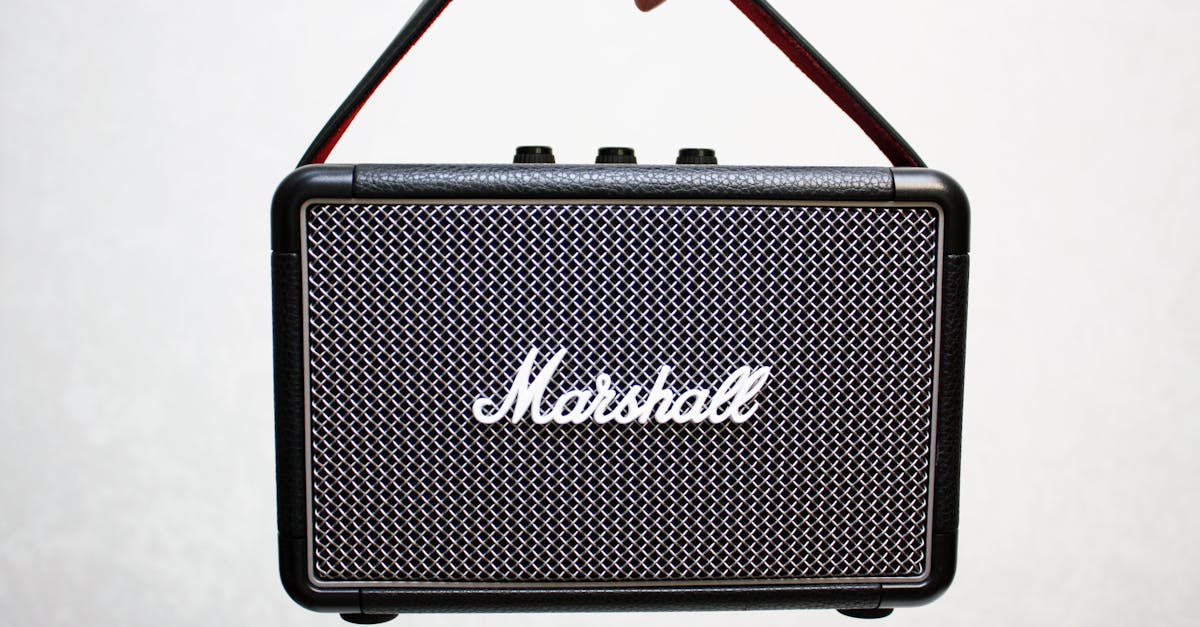Eco Friendly Reusable Water Bottles: A Sustainable Choice
Introduction
In today's fast-paced world, eco-friendly reusable water bottles have become increasingly popular. They offer a sustainable alternative to disposable plastics, aligning with the growing emphasis on environmental conservation. These bottles not only provide convenience but also serve as a statement of personal commitment to reducing waste. By understanding their benefits, consumers can make informed decisions that contribute positively to the planet. The choices we make today will impact the health of our environment for future generations. Dive into the world of eco-friendly water bottles and discover their benefits.
Advertisement
The Environmental Impact of Plastics
Plastic pollution is one of the gravest environmental threats facing our planet today. Single-use plastic water bottles contribute significantly to this issue, with millions ending up in landfills and oceans every year. They take hundreds of years to decompose, leaching harmful chemicals into soil and water. Additionally, producing these bottles requires large amounts of fossil fuels, amplifying their carbon footprint. Eco-friendly reusable water bottles present an effective solution, helping to break the cycle of plastic pollution by reducing demand for single-use plastics.

Ron Lach/Pexels
Advertisement
Materials Used in Eco-Friendly Bottles
Eco-friendly water bottles are crafted from various sustainable materials, including stainless steel, glass, and BPA-free plastic. Stainless steel bottles are popular for their durability and ability to maintain the temperature of beverages. Glass bottles, while fragile, offer purity by ensuring that no chemicals leach into the water. BPA-free plastics are a lightweight and affordable option for those seeking portability. Each material presents its own advantages, catering to different preferences and lifestyle needs.
Advertisement
Advantages of Reusable Bottles
Beyond their environmental benefits, reusable water bottles offer a range of advantages to users. They are cost-effective, eliminating the recurring expense of purchasing bottled water. Their durability ensures they withstand daily use, making them a long-term investment. Many bottles are designed to keep beverages hot or cold, enhancing the consumer experience. Personalized designs add a touch of style, allowing individuals to express their uniqueness while carrying them throughout their day-to-day activities.
Advertisement
Health Benefits of Reusable Bottles
Switching to eco-friendly water bottles also yields numerous health advantages. Unlike some plastic bottles that can contain harmful chemicals such as BPA, many reusable options are produced with health-conscious materials. This eliminates the risk of chemical contamination, ensuring users consume clean, safe water. Furthermore, having a reusable bottle encourages regular hydration—vital for optimal health and well-being. Access to water throughout the day promotes better concentration, energy levels, and overall physical performance.
Advertisement
The Role of Innovation in Design
The market for eco-friendly water bottles is thriving, spurring innovation and creativity within the industry. Brands are continually introducing features to enhance functionality, such as built-in filters and self-cleaning technologies. They cater to a diverse audience, including athletes, students, and professionals, each with specific needs. Smart bottles now exist that track water intake, syncing with mobile apps to encourage consistent hydration. These advancements showcase the dynamic growth of the market, pushing eco-friendly solutions to the forefront.
Advertisement
Supporting a Broader Movement
Purchasing an eco-friendly reusable water bottle signifies support for a broader movement toward sustainability. This simple change helps to foster a culture of environmental responsibility, inspiring others to adopt eco-conscious habits. It reflects an understanding of the interdependence between consumer choices and environmental health. Various organizations and campaigns advocate for reusable bottles, offering education on environmental issues. Through collective effort, individuals can make a substantial impact.
Advertisement
Challenges and Overcoming Barriers
Despite the obvious benefits, some barriers still exist in the transition to reusable water bottles. Initial cost can be perceived as a deterrent when compared to inexpensive single-use plastics. Educating consumers about the long-term savings and environmental importance is crucial in overcoming this challenge. Accessibility and availability can also vary by region, impacting user adoption rates. Manufacturers and retailers can help by providing affordable, widespread solutions to encourage wider use.
Advertisement
Complementing Other Green Initiatives
The switch to reusable water bottles parallels other sustainability initiatives, like reducing energy consumption and waste. It's a complementary action that supports broader environmental objectives for individuals and communities. Many environmentally conscious choices, such as bike commuting or reducing meat intake, align with similar goals of conserving resources and minimizing ecological footprints. In adopting multiple green habits, consumers contribute to achieving comprehensive environmental improvements.
Advertisement
Conclusion
Eco-friendly reusable water bottles are a valuable tool in the global fight against environmental degradation. By choosing them over single-use plastics, consumers are taking a definitive step toward sustainability. The varied benefits—economic, health, and environmental—make them an attractive choice worldwide. As more people make this switch, the cumulative impact will lead to a cleaner, healthier planet. Now is the time for individual change that, in unity, yields monumental results for the environment.
Advertisement


